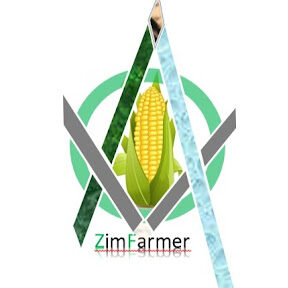
Infectious Coryza is an infectious bacterial disease affecting the upper respiratory system, sinuses, trachea and lungs of birds, primarily chickens. Coryza or IC is caused by the bacteria, Hemophilus paragallinarum, causing chickens to experience swelling of sinuses and eyes, sneezing, coughing, nasal and eye discharge, often a thick mucus with a foul odor, trachea swelling and lung inflammation.
Coryza can afflict young and mature chickens, typically 14 weeks of age or older. Coryza most often spreads when carriers are introduced to a healthy flock, and can infect the entire flock rapidly, as this bacterium can survive in fluids expelled by coughing and sneezing and in shared water and feed sources. Care should always be exercised when introducing new birds into an existing healthy flock.
Once infected, chickens present with symptoms with one to three days. While death can occur, especially for those birds that have a compromised immune system and may be sick with other ailments, but mortality is typically less than 20%. This respiratory disease often runs its course in four to 12 weeks.
Sulfonamide or antibiotic treatments are available for Coryza outbreaks. Sulfadimethoxine is the safest and most widely used prescription drug to treat this disease. Water and feed additives can reduce symptoms and the spread of this disease. The most effective preventative and containment includes disinfecting liter, housing and equipment, and maintaining a sanitary environment, free of bacteria.
Signs:
– Swelling around the face.
– Foul smelling, thick, sticky discharge from the eyes, eyelids may stick together.
– Labored breathing.
– Growing birds may become stunted.
– decrease egg production.
– Death of chickens (up to 50 %).
– Signs can resemble nutrient deficiency in chickens that causes swelling of head.
Transmission:
– Direct bird-to-bird contact from infected birds brought into the flock as well as from birdsthat recover from the disease but remain carriers of the organism.
– Inhalation of air contaminated by respiratory droplets from sick birds.
– Contaminated of feed and/or water are common modes of spread.
Treatment:
– Water soluble antibiotics such as Oxytetracyclin (OTC plus).
– Isolate sick birds and treat them separately.
– Good feeding of chickens.
Prevention:
Good management and sanitation are the best ways to avoid Infectious Coryza.
Click and share
Recovery:
– Cleaning and disinfection the khola.
– Cull of all infected breeding stock as they become carriers and major source of infection.
